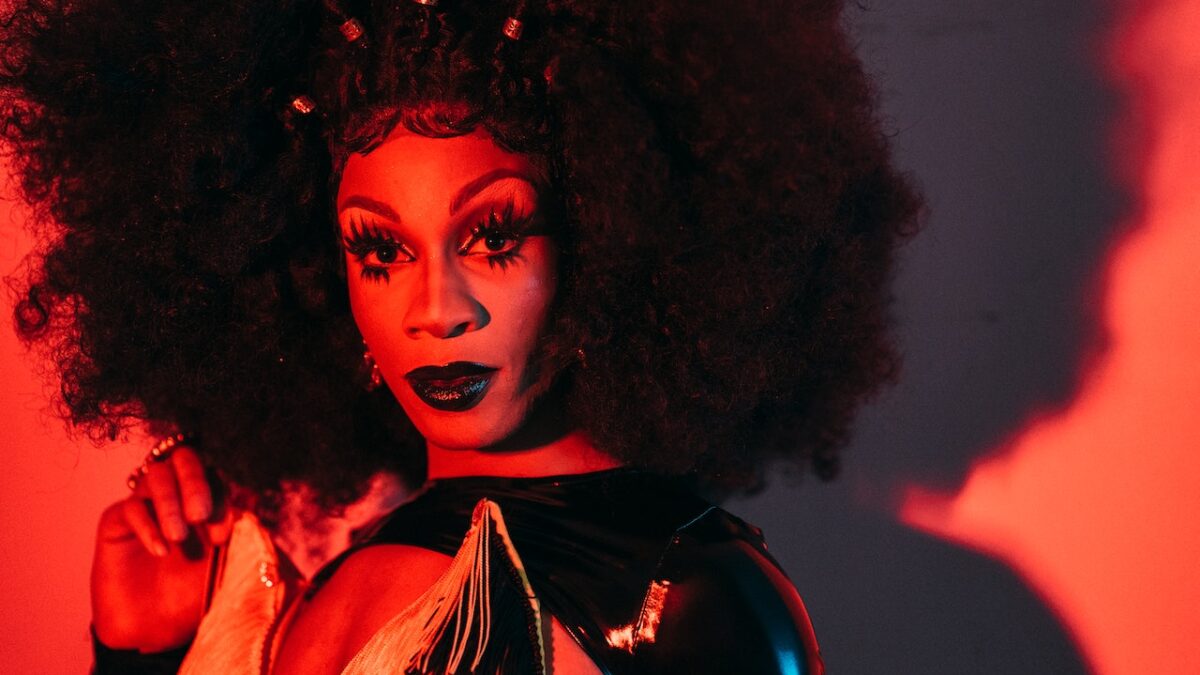
Emma Watson, the actress best known for her role as Hermione Granger in the Harry Potter movies, is a special ambassador from the United Nations and gave a very well received speech on feminism recently. And oh, the twists, turns, and tangled webs that speech has exposed.
Two of my colleagues, Laura Perrins and Heather Wilhelm, have written responses to the substance of Watson’s speech, to which I will only add the speech was yet another example of someone declaring feminism isn’t set against men without calling out those feminists who do act against men—and housewives, or religious women, or pro-life women… That is, we hear often that the public perception of feminism is wrong but seldom do we hear anything about how that perception came to be, much less calls for the offending feminists to stop.
The most notable exception was the #solidarityisforwhitewomen explosion from the summer of 2013, when feminist women of color had finally had enough of being asked to swallow feminist proclamations aimed at helping white, highly educated feminists. I’ve come across individual exceptions to feminist dogma, such as this post calling for feminists to make peace with motherhood. More typical among the few feminists who notice the problem is this article from The Daily Beast: “You don’t hate feminism. You just don’t understand it.” It questions the intellectual abilities of women like me for “utterly and completely” misunderstanding feminism (while noting that some feminists do exclude), and yet failing to make the obvious connection: perhaps the women who reject feminism have only met exclusionary feminists. (The post that inspired her article understood the connection. It isn’t like she had to suss it out on her own.)
Until feminists start acting like an equality movement rather than an exclusionary movement, then all the flashy PR from actresses like Watson and singers like Beyonce won’t improve the movement’s prospects.
The Threats, Real and Imagined
After Watson’s speech, posters on 4chan, the website where the recent nude photo hackings came to public knowledge, supposedly threatened Watson with a nude photo leak. They were denounced as misogynistic jerks. In a rare move, 4chan admins took the posts down—or so some stories reported. That was curious. 4chan is one of the feral corners of the web. They have few rules beyond anonymity. They usually only remove posts if you try to ID somebody. It seems, however, that the threat was a hoax set up by a PR company hired to highlight shame tactics against women—which was also a hoax.
This layered faking, using subtle satire to expose lazy popular assumptions—in this case that women are always threatened and that some groups drum up false reports of dangers to increase awareness—is the site’s specialty. And the traditional media gets duped every time. From a Daily Dot sleuthing article (note that “/b/“ is the title of the discussion board where 4chan participants do most of their plotting):
On Monday, Business Insider, the Washington Post, the Belfast Telegraph, the BBC, and others ran articles claiming that 4chan was behind emmayouarenext.com. The Daily Dot also reported on the countdown. (Editor’s note: James Cook, the author of the Business Insider article, is a former staff member of the Daily Dot.)
None of these stories provide any proof that /b/ was actually behind this. Not one screengrab from /b/ discussing the prank is included. The only thing these organizations cite as proof of the imageboard users’ involvement is the 4chan logo featured on the countdown site.
Watson’s image is safe. There were no nude pictures, which common sense pointed out to anyone who was paying attention. If the hackers had pictures of Watson, they would have been released in the first hack as she more famous for having a clean image than Jennifer Lawrence.
The media is embarrassed, or should be. Not only did they fail to consider the pictures didn’t exist and rush to assumptions about who made the threat, but also they stoked the “hostile to women” nature of public discourse. If the media hadn’t been so bent on a gotcha headline—“Woman speaks for women, gets threatened by men”—then who besides the pranksters would even know about the emmayournext.com site? They publicized a non-event so they could say, “I told you so.” It is a fair question” how much is public discourse hostile to women due to assumptions that it is hostile to women? Is the media sustaining the hostility it claims to deride?
And watching the hapless media try to play 4chan’s bias-exposure game reminds me of watching a chess novice play a master.
The Consent to Shame
Fakery and amplification aside, women have been understandingly upset about the threats to Watson. We shouldn’t have to face threats for speaking up, that is true. Alas, bad people exist and we have to stand firm against them, which gets to my main concern after Watson’s speech: women’s reaction to the threats. Take for example, Claire Cohen in The Telegraph:
Theirs is a mission to remove any power from women in the public eye and make them vulnerable. The quote alongside the Watson threat: “now her nudes will be online” is a clear threat – a call to arms for every woman-hater out there.
The message? These women think they can operate on their own terms and make their own choices. They refuse to bow to shame in their public, or private, lives. So we will make them.
It sends a message to every woman out there – famous, or not. ‘You should be ashamed’.
I agree, that is the message they are trying to send. But it need not be received. Shame requires Watson’s consent. They can’t make her feel it. This is the power play misogynists want. Men can physically overwhelm us, physically violate us. They can do this much more easily than we care to admit. They can mentally offend us with hackings, insults, and condescension. But shame requires that we believe we did something wrong, that we think our attackers are somewhat justified.
The lack of power in insults used to be a lesson for school-age children: “Sticks and stones can break my bones but words will never harm me.” A former U.S. first lady’s pronouncement on the topic is a favored quote among the disadvantaged: “No one can make you feel inferior without your consent.”
Yet women let words harm us. I see it in many other contexts, lately in the discussions about how the misogynistic environment for women on the Internet has women leaving public forums. They are insults, sometimes harsh ones. But I don’t understand how modern Western women, the freest and most educated women in history, are cowed by less than credible physical threats. For all of the noise and bluster in the declarations of women power, women opinion leaders still internalize the insults leveled at them.
Strip away the direct declarative structure of their replies, and suddenly these women leaders sound timid. Not only do they lack confidence in themselves, but also they assume other women are even more timid. They assume we must silence all rude, crude, and unpleasant dissent, otherwise women will be too scared to speak up. (Remember “#BanBossy”?)
Women leaders keep trying to turn the public debate stage into a comfy living room with fluffy pillows and nothing but affirming talk. It isn’t like that. It will never be like that. And if that is the expectation we set before women, then of course they will dash off the real stage, shocked and in tears, the first time a spotlight finds them. To prepare women for the work of public debate, we need to show them how to stand in the face of mere words.
The misogynistic message to women who speak out for women might be “You should be ashamed.” And our answer should be, “But I’m not.”









